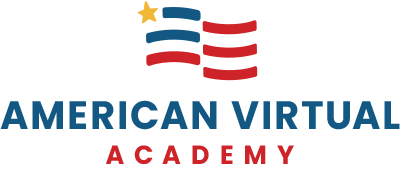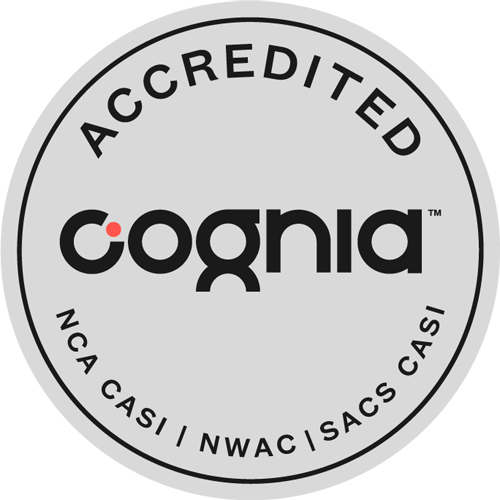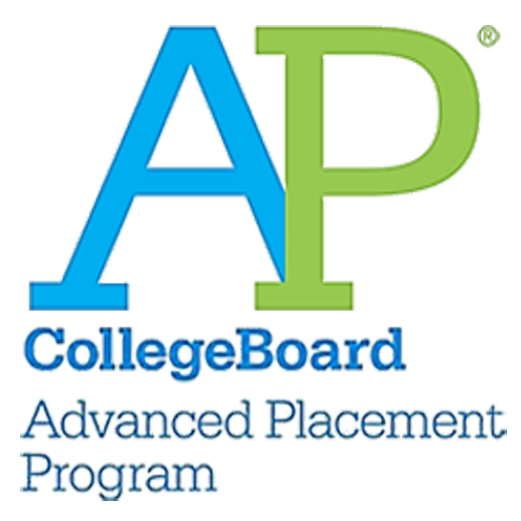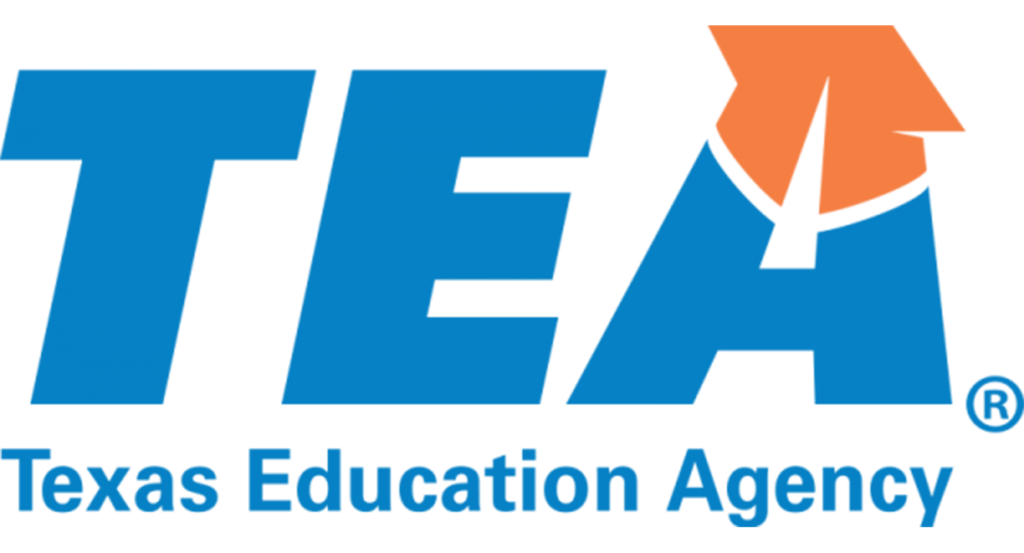For decades, school choice has been growing quietly. But in 2025, something historic has happened.
This isn’t incremental change—it’s a turning point. Families, policymakers, and schools are rewriting the future of American education. Here’s why:
1. The Numbers Are Unprecedented
Participation in private school choice programs surged by 25% in a single year, growing from 1 million students in 2024 to 1.3 million in 2025. It took 24 years to reach the first million—but only one year to add the next 300,000. Florida now leads with nearly 13% of students enrolled, and Arizona follows at 10%.
2. Families Are Voting with Their Feet
Parents aren’t just exploring options—they’re responding to a deep crisis in student performance.
The National Assessment of Educational Progress (NAEP) reveals steep declines in core skills: only 35% of 12th graders are proficient in reading—the lowest since 1992—and just 22% are proficient in math, a record low since 2005. Nearly half of seniors scored below even the “Basic” level in math in 2024, signaling widespread under-preparedness for college and careers. Younger students are struggling too, with 4th and 8th graders posting continued drops in reading scores.
The picture isn’t brighter with the SAT. The national average fell to 1,024 in 2024, the lowest score since the test was redesigned. That means fewer students are meeting the benchmarks for college readiness, at a time when postsecondary costs are higher than ever.
For parents, these results underscore why choice matters. Families see that traditional schools are not equipping many students with the foundational skills they need to thrive. It’s no wonder that when surveyed, half of U.S. parents say they would prefer private or homeschool options if resources allowed. In states with newly expanded choice programs, such as Arkansas and West Virginia, parents acted decisively—enrollment doubled or tripled in a single year.
The Lion cited our new Schooling in America survey and highlighted some key findings. The main takeaway—families want more options in their child's education. https://t.co/5EOqyG6xJE
— EdChoice (@edchoice) September 18, 2025
In short, declining outcomes in the traditional system aren’t just statistics—they’re pushing parents to pursue alternatives where their children can learn at the right pace, with the right support, and with higher expectations for achievement.
3. Federal Policy Has Changed the Game
For the first time in history, the federal government has formally supported private school choice at scale. In 2025, Congress passed and the president signed the Educational Choice for Children Act, a tax-credit program that allows individuals to contribute up to $1,700 to scholarship organizations in exchange for a full tax credit. This move opened the door for thousands of new families to access private education who might otherwise have been priced out.
A statement from EdChoice President & CEO @RobertEnlow on the passage of the Educational Choice for Children Act pic.twitter.com/cvjPgNDV2Y
— EdChoice (@edchoice) July 7, 2025
At the same time, the Department of Education has issued new guidance making it easier for states to apply federal dollars toward alternative schooling programs. These funds can support tuition assistance, supplemental services, and student transportation—reducing barriers for parents who want to exercise choice.
This federal shift comes alongside broader parental demand. National surveys show that 72% of parents support Education Savings Accounts (ESAs) and a majority report dissatisfaction with the direction of K–12 schooling overall. Federal backing doesn’t just unlock funding—it validates what parents have been saying for years: families deserve more options, and those options should be accessible no matter where they live.
4. State Momentum Is Explosive
In 2025 alone, North Dakota became the 47th state with a charter law, Arkansas lifted transfer caps, Nevada established open enrollment, and Tennessee expanded charter authorizations. Across the nation, statehouses are removing barriers and expanding opportunity.
5. Innovation Is Flourishing
Microschools, homeschooling co-ops, and online academies are booming. Charter schools now serve 3.7 million children in nearly 7,800 schools, making them the only public school model still growing. Parents are no longer limited to one-size-fits-all models—they’re designing education around their children’s lives.
6. Parents Trust Choice Programs More
Trust is one of the clearest signals in the school choice movement.
A new poll from @EdChoice shows 57% of private school parents were "very satisfied" with their child’s schooling experience in February, compared to 35% of district school parents.
Read more in our recent Outlook!https://t.co/ZoUndmRX8V
— CAPE (@capenet) March 28, 2024
Families are recognizing that choice programs better reflect their values, priorities, and aspirations for the future.
This isn’t just about test scores—it’s about fit. Parents want education partners who provide:
- Accreditation and credibility, ensuring diplomas carry weight for college and career readiness.
- Flexible scheduling, so school doesn’t conflict with athletics, performance, work, or family needs.
- Personalized support, where students are treated as individuals, not numbers.
- Transparency and communication, so families always know how their child is progressing.
- Values alignment, with a curriculum and school culture they can trust.
At American Virtual Academy (AVA), these expectations aren’t extras—they are the foundation of our model. We are Cognia-accredited, NCAA-approved, and guided by certified teachers who work directly with families to craft customized Graduation Plans.
Our flexible start dates and self-paced courses empower students to learn when and how it works best for them, while parents stay fully informed through real-time dashboards and one-on-one advisor support.
Ready to give your child an accredited, values-driven education that puts their goals first? Apply in under 5 minutes or talk to an advisor today.
Just as importantly, AVA is rooted in timeless American values—Life, Liberty, and the Pursuit of Happiness—ensuring families know their child’s education is grounded in both academic rigor and character formation.
For parents, this combination of rigor, flexibility, and trust is what makes choice not just appealing, but essential. AVA doesn’t just tick the boxes—it partners with families to redefine what a trustworthy education looks like.
7. Supply Is the Next Frontier
The only question now is whether private and alternative schools can meet demand.
As EdChoice CEO Robert Enlow put it, “The issue to watch is whether the private school supply can keep up with demand.” This creates an opening for new schools, expanded online options, and innovative partnerships.
Why It Matters
2025 will be remembered as the year school choice entered the mainstream. Families aren’t asking if they should have options—they’re demanding how fast those options can be delivered.

At American Virtual Academy, we see this shift every day. Families are looking for accredited, flexible, values-driven learning that fits their lives—and they’re finding it.
✅ Talk to an Advisor Today: americanvirtualacademy.com/enroll
📧 [email protected] | ☎ 480-498-6068
References
Arundel, K. (2025, September 4). Private school choice jumps 25% in one year. K-12 Dive. https://www.k12dive.com/news/private-school-choice-participation-increase-vouchers/759178/
EdChoice. (2025, April 16). 2025 EdChoice Share: Exploring where America’s students are educated. https://www.edchoice.org/2025-edchoice-share-exploring-where-americas-students-are-educated/
McDonald, K. (2025, September 1). 5 trends reshaping K-12 education across the U.S. The 74. https://www.the74million.org/article/5-trends-reshaping-k-12-education-across-the-u-s/
Modan, N. (2025, May 21). 3 things to know from Linda McMahon’s FY 2026 testimony. K-12 Dive. https://www.k12dive.com/news/house-education-budget-hearing-Linda-McMahon-FY26-school-choice-literacy/748773/
Schultz, B. (2025, July 8). The Senate passed a federal voucher program. What’s in it? Education Week. https://www.edweek.org/policy-politics/the-senate-passed-a-federal-voucher-program-whats-in-it/2025/07
Ujifusa, A. (2025, January 29). Trump looks to expand school choice programs by repurposing federal funding. PBS News. https://www.pbs.org/newshour/politics/trump-looks-to-expand-school-choice-programs-by-repurposing-federal-funding





